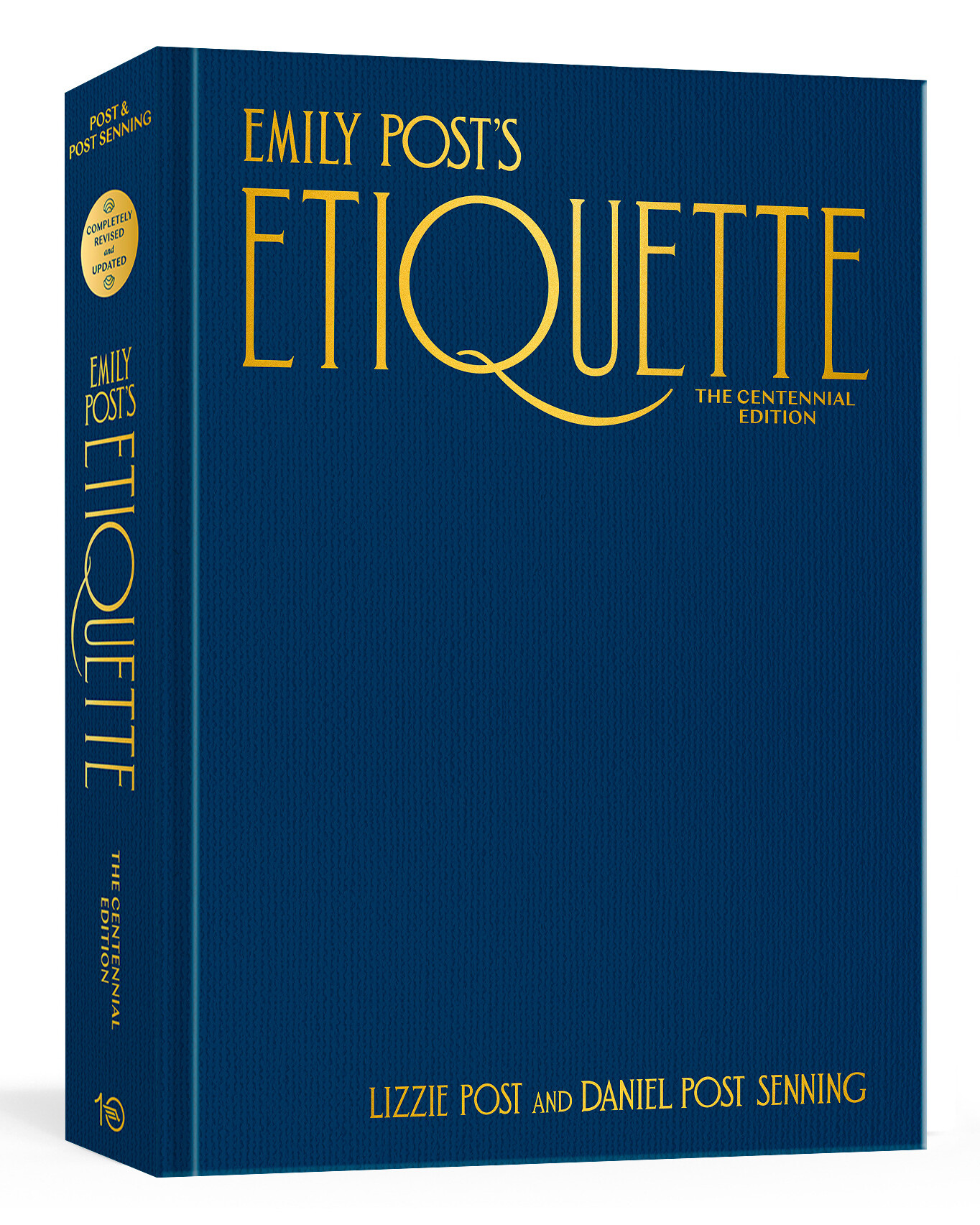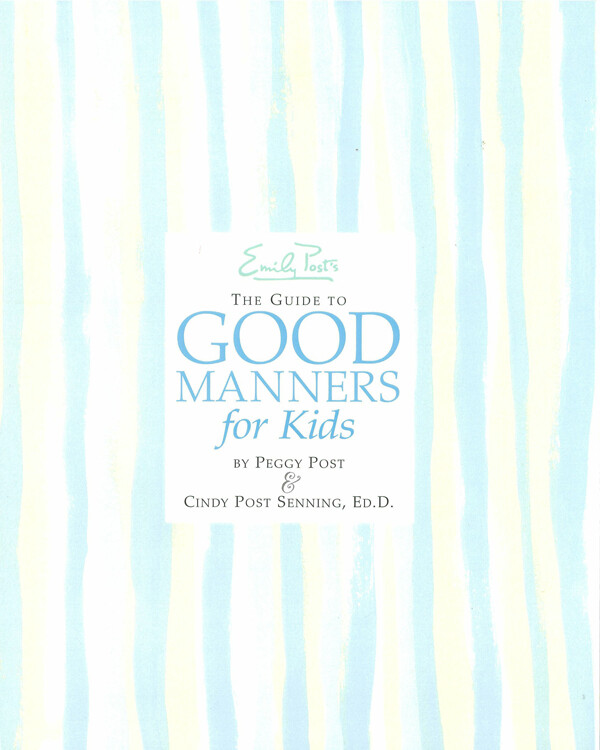
Informal Table Setting

When an informal three-course dinner is served, the typical place setting includes these utensils and dishes:
Our illustration shows how a table would be set for the following menu:
- Soup course
- Salad or first course
- Entree
- Dessert
NOTE: While we have often seen the dessert fork set as it is in the illustration (above the dessert spoon), for a more traditional setting, the dessert spoon would be set above the dessert fork.
(10) Dinner Plate: This is the "hub of the wheel" and is usually the first thing to be set on the table. In our illustration, the dinner plate would be placed where the napkin is, with the napkin on top of the plate.
(8, 9) Two Forks: The forks are placed to the left of the plate. The dinner fork, the larger of the two forks, is used for the main course; the smaller fork is used for a salad or an appetizer. The forks are arranged according to when you need to use them, following an "outside-in" order. If the small fork is needed for an appetizer or a salad served before the main course, then it is placed on the left (outside) of the dinner fork; if the salad is served after the main course, then the small fork is placed to the right (inside) of the dinner fork, next to the plate.
(7) Napkin: The napkin is folded or put in a napkin ring and placed either to the left of the forks or on the center of the dinner plate. Sometimes, a folded napkin is placed under the forks.
(11) Dinner Knife: The dinner knife is set immediately to the right of the plate, cutting edge facing inward. (If the main course is meat, a steak knife can take the place of the dinner knife.) At an informal meal, the dinner knife may be used for all courses, but a dirty knife should never be placed on the table, place mat or tablecloth.
(13) Spoons: Spoons go to the right of the knife. In our illustration, soup is being served first, so the soup spoon goes to the far (outside) right of the dinner knife; the teaspoon or dessert spoon, which will be used last, goes to the left (inside) of the soup spoon, next to the dinner knife.
(4, 5, 6) Glasses: Drinking glasses of any kind -- water, wine, juice, iced tea -- are placed at the top right of the dinner plate, above the knives and spoons.
Other dishes and utensils are optional, depending on what is being served, but may include:
(not pictured) Salad Plate: This is placed to the left of the forks. If salad is to be eaten with the meal, you can forgo the salad plate and serve it directly on the dinner plate. However, if the entree contains gravy or anything runny, it is better to serve the salad on a separate plate to keep things neater.
(1) Bread Plate with Butter Knife: If used, the bread plate goes above the forks, with the butter knife placed diagonally across the edge of the plate, handle on the right side and blade facing down.
(2, 3) Dessert Spoon and Fork: These can be placed either horizontally above the dinner plate (the spoon on top with its handle facing to the right; the fork below with its handle facing left); or beside the plate. If placed beside the plate, the fork goes on the left side, closest to the plate (because it will be the last fork used) and the spoon goes on the right side of the plate, to the right of the dinner knife and to the left of the soup spoon.
(not pictured) Coffee Cup and Saucer: A table setting that would be common in a restaurant serving a large number of people at once, with coffee being served during the meal. The coffee cup and saucer are placed above and to the right of the knife and spoons. At home, most people serve coffee after the meal. In that case the cups and saucers are brought tot he table and placed above and to the right of the knives and spoons.










